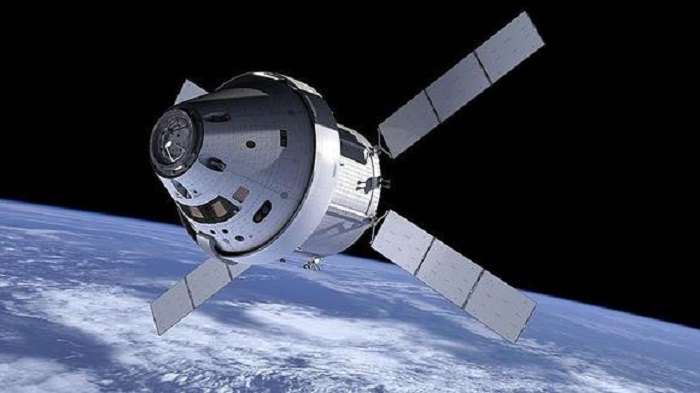.

The space capsule that NASAhopes will one day fly astronauts to a nearby asteroid is beset by funding problems and technical glitches that could delay a first crewed mission that already won't launch until 2021, according to a watchdog report released Thursday.
The findings by NASA's inspector general cast more doubt on the future of a spacecraft that was nearly canceled in 2010, when President Barack Obama shelved NASA's troubled Constellation moon program because of similar concerns about cost and technical risk.
Though the Orion capsule designed for Constellation ultimately survived the budget ax -- and since has been folded into NASA's latest human spaceflight program -- many of the same worries have persisted.
"The [Orion] Program faces significant risks in meeting NASA's goal of human exploration beyond low Earth orbit," noted investigators.
The material used on its heat shield has been known to "crack under thermal conditions" similar to what the capsule could experience in the "deep space environment," the report found. And engineers are struggling to get the capsule's weight below a 73,500-pound maximum.
Both problems must be fixed. And that intensifies the capsule's biggest problem: not enough money.
Under its current design, Orion could carry a four-person crew on missions lasting up to three weeks. NASA's latest plan calls for putting the capsule atop NASA's newest rocket, the Space Launch System, and blasting astronauts to a nearby asteroid as early as 2021.
But between 2011 and 2013, the Orion project received only about $3.6 billion – or roughly $1.8 billion less than what NASA envisioned – forcing cutbacks that investigators said could haunt NASA in future years.
Inspector General Paul Martin, who acts as an internal agency watchdog, noted that NASA has delayed development of some avionics and a life-support system. It also postponed – until 2018 – a test of the abort system that would separate the capsule from a rocket if something went wrong during liftoff
NASA managers said the delays were necessary to focus limited resources on the two unmanned test flights planned for 2014 and 2017. Neither life-support systems nor escape capabilities are needed for launches that aren't carrying astronauts.
Even so, Martin and his team warned that the postponements could cause long-term problems if trouble arises in the development of either of these areas.
"While this [strategy] may be the only realistic and affordable development approach available to NASA given the program's current funding profile, such an approach increases risks," they noted.
NASA responded to the report with a statement that noted its engineers had made "significant progress in mitigating the technical risks" highlighted in the report. It also called on Congress to give the agency more money to deal with funding issues.
Quelle: Orlando Sentinel
